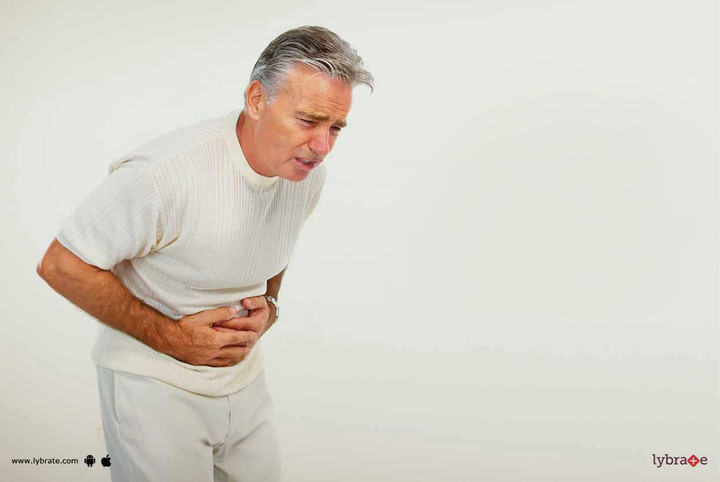Chronic Inflammatory Disorder - Know Forms Of It!
Crohn’s disease is a chronic inflammatory disorder of GI or digestive tract. Crohn’s disease is most commonly affects the mucosal lining due to ulcerations of small and large intestines, but it can affect the entire digestive system. Crohn’s disease is usually related to another chronic inflammatory condition namely ulcerative colitis, which involves mainly colon. Crohn’s disease and ulcerative colitis are together referred to as inflammatory bowel disease. The symptoms include vomiting, abdominal pain, diarrhea, bloody diarrhea, fever, weight loss, anal fistulae, and perirectal abscesses. But, the symptoms are mostly dependent on the location, extent, and severity of the inflammation.
Subtypes of Crohn’s disease are:
- Crohn’s colitis – Inflammation of the colon. The common symptoms are abdominal pain and bloody diarrhea. However, anal fistulae and perirectal abscesses can also occur.
- Crohn’s enteritis – Inflammation of small intestines. Mainly jejunum (second part) or ileum (third part). The common symptoms are abdominal pain and diarrhea. In this obstruction of small intestines can also occur.
- Crohn’s terminal ileitis – Inflammation of the part of the small intestine which is closest to the colon, i.e. ileum (third or terminal part of small intestine). Similar to colitis and enteritis, the common symptoms are abdominal pain and diarrhea.
- Crohn’s entero-colitis and ileocolitis – Inflammation involving both small intestine and colon. The symptoms include abdominal pain and bloody diarrhea. Obstruction of the small intestine can also occur.
Causes of Crohn’s Disease
The cause of the disease is still not known. However, the researchers report that it is due to the abnormal response of the immune system. The uncontrolled inflammation which is associated with Crohn’s disease may be caused by food or bacterial intestines or due to the lining of the bowel.
Diagnosis
There are various diagnostic procedures and laboratory tests by which Crohn’s disease can be distinguished from other GI tract disease such as ulcerative colitis. A gastroenterologist can perform a sigmoidoscopy or colonoscopy to get bowel tissue for analysis or upper endoscopy can be done to study esophagus, stomach, and duodenum (first part of small intestine). To study in detail of small intestine, capsule endoscopy can be done, which is done by using a small, pill-sized camera which is swallowed. Other tests that can be suggested by your doctor are:
- Blood tests can be done. High white blood cell indicates inflammation and low red blood cells indicates a sign of anemia due to blood loss.
- Stool examination can be done to rule out any infection that can occur due to diarrhea.
- Special x-rays, namely CT scan or MRI can be performed of both upper and lower GI tract in order to confirm the location of the inflammation.
Treatment
Although there is no cure for Crohn’s disease, however, one can lead normal lives. Crohn’s disease is normally treated with medications. These include:
- Anti-inflammatory drugs, namely, salicylates. Side effects of these drugs are gastrointestinal upset, nausea, rash, headache, or diarrhea.
- Corticosteroids, again type of anti-inflammatory drugs, but this is more powerful. The side effects are seen if these drugs are consumed for long periods of time, mainly, thinning of bone, muscle loss, skin problems, and increased risk of infections.
- Antibiotics can be given such as ciprofloxacin, metronidazole, and others. The side effects include nausea, tingling or numbness of feet and hands.
- Antidiarrheal drugs
Risks
Along with Crohn’s disease, you are likely to develop other health problems such as colon cancer, lymphoma, deep vein thrombosis or pulmonary embolism, or psoriatic arthritis.
Thus, with this information, you can with the help of your doctor can work out your plan to avoid problems and possible complications.



+1.svg)
